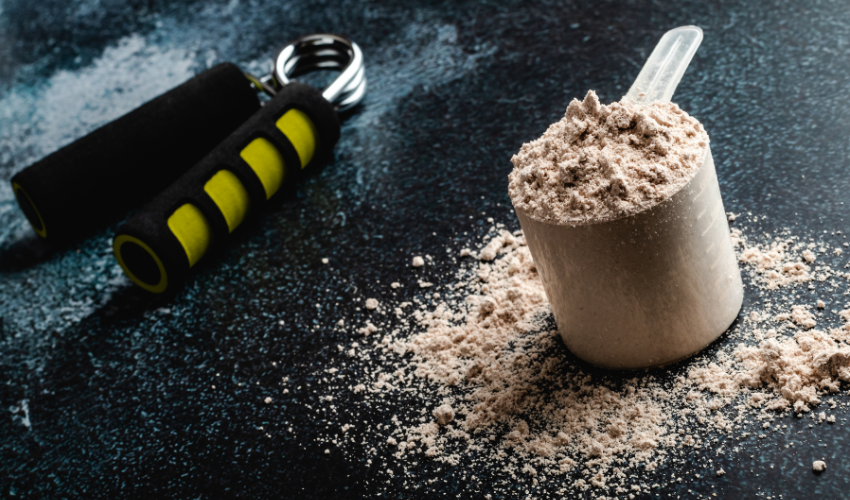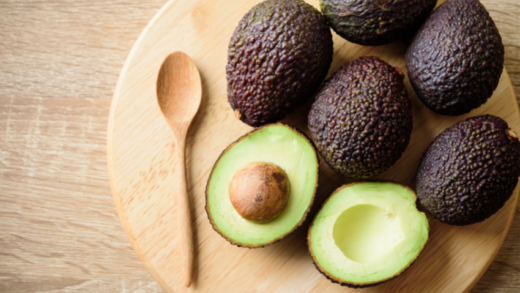Protein powders are an excellent source of protein, making them a popular dietary supplement among fitness enthusiasts, bodybuilders, and athletes. However, with so many different types of protein powders available in the market, it can be challenging to choose the right one. This article will guide you through the main types of protein powders available, their benefits, and which one is right for you.
Types of Protein Powders:
- Whey Protein Powder
Whey protein powder is one of the most popular types of protein powders. It is made from whey, which is a by-product of cheese production. Whey protein powder is a complete protein, which means it contains all nine essential amino acids. It is quickly absorbed by the body, making it an excellent choice for post-workout recovery. Whey protein powder comes in three types: concentrate, isolate, and hydrolysate. - Casein Protein Powder
Casein protein powder is another popular type of protein powder. It is made from milk and is a slow-digesting protein, which means it provides a steady release of amino acids into the bloodstream. Casein protein powder is an excellent choice for a bedtime snack as it helps to prevent muscle breakdown during the night. - Soy Protein
Powder Soy protein powder is an excellent choice for vegans and vegetarians as it is a complete plant-based protein. It is also a good source of other nutrients such as iron and calcium. Soy protein powder is an excellent choice for those who have a milk allergy or lactose intolerance. - Pea Protein
Powder Pea protein powder is another excellent plant-based protein powder. It is a complete protein and an excellent source of iron. Pea protein powder is also low in carbohydrates, making it an excellent choice for those on a low-carb diet. - Egg Protein
Powder Egg protein powder is made from egg whites and is a complete protein. It is an excellent choice for those who are allergic to milk or soy. Egg protein powder is also low in carbohydrates, making it an excellent choice for those on a low-carb diet.

FAQs:
How do I choose the right protein powder for me?
Choosing the right protein powder depends on your fitness goals and dietary requirements. If you are looking for a protein powder that is quickly absorbed by the body, whey protein powder is an excellent choice. If you are looking for a protein powder that provides a steady release of amino acids, casein protein powder is a good choice.
Can I use protein powder as a meal replacement?
Protein powder should not be used as a meal replacement. It should be used as a dietary supplement to help you meet your daily protein requirements.
Can I mix different types of protein powders?
Yes, you can mix different types of protein powders. For example, you can mix whey protein powder with casein protein powder to create a blend that provides both quick and slow-release proteins.
How much protein powder should I consume per day?
The amount of protein powder you should consume per day depends on your fitness goals and dietary requirements. However, it is generally recommended to consume 1-2 scoops of protein powder per day.
Are there any side effects of consuming protein powder?
Consuming protein powder in moderation is generally safe. However, consuming excessive amounts of protein powder can lead to side effects such as bloating, nausea, and kidney damage.

Conclusion
Protein powders are an excellent dietary supplement for those looking to increase their protein intake. The main types of protein powders available in the market are whey, casein, soy, pea, and egg protein powders. Each type of protein powder has its own unique benefits, and it is essential to choose the right one based on your fitness goals and dietary requirements.
When choosing a protein powder, consider factors such as protein content, absorption rate, and allergens. Always ensure that you are consuming protein powder in moderation and following the recommended dosage.






















